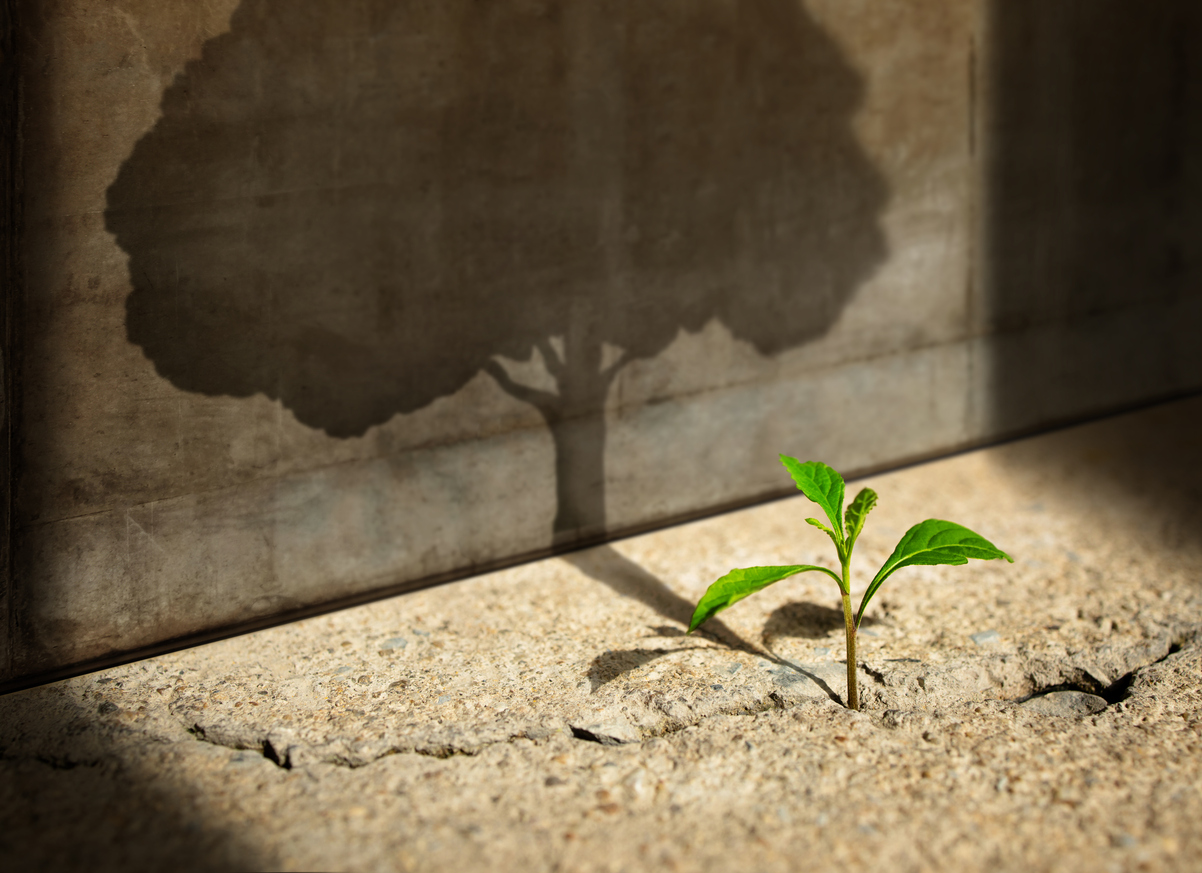Hope is a belief that tomorrow will be better, that we have something to strive for. In other words, it’s a reason to LIVE. Without hope, life has no meaning and a person just exists. But for too many people held behind prison walls, hope is missing. And it’s why the way we incarcerate in this country is counterproductive.
We’re currently on a long lockdown here at USP Coleman 1 (a high-security federal penitentiary in Florida), and to communicate with my next-door neighbor, I must talk through a vent. The other day, I talked with him about my struggle for freedom. And suddenly, he changed the conversation and asked me about something trivial: Who is the backup quarterback for TBay? He said he was trying to make a bet. When I responded, “Damn. I’m talking about freedom. That shit isn’t important,” he said, “My bad, bro. I’ve gotten kinda used to this prison shit and don’t even think about freedom no more.” He’s lost hope.
As I got back in mu bunk, I thought about the power of hope. And that triggered a memory of another friend, who I reunited with for the first time in 15 years when returned to Coleman from the DC Jail. I was still riding my high – feeling free and “rehumanized.” Excited, I told him, “We can get out of here. Why you ain’t filed your IRAA petition yet? They gonna let us go home.” His response shocked me to the core. “Man, I don’t want to have my people write all those letters and do all that stuff. Besides, I still got a n**** I got to fuck up.” Taken aback, I changed the subject, thinking, “He lunchin* like shit.” But…he wasn’t lunchin. The fact is, he’d lost hope. He’d accepted his fate; prison was his life.
Fast forward three years to him today, after watching most of his friends go home on IRAA, then talking to them on the phone. He has a whole different outlook now. Just the other day, when we were outside, a guy waked up trying to sell him a knife. As his lifted up his shift to show us the knife and make his pitch, that same friend said, “Aw man, we don’t fuck with them joints no more.” I couldn’t stop laughing. How far he’d come! He looked at me in a way that showed me he was serious. He has regained hope.
This is a guy who had stopped calling his family members on the phone. He had had no contact with the outside world in years. Prison was his life. Now, he’s visiting with his daughter, talking to his mother, and changing in so many other personal ways. He’s working. He’s enrolling in programs. He has HOPE.
This is what’s wrong with draconian sentences and many other ways we incarcerate in America. It destroys hope for a lot of us. The mindset becomes, “What’s the point? I’ll grow old or even die in prison.” This is why prison is so violent. It’s counterproductive.
That’s what the concept of “parole” is supposed to be – the opportunity after a reasonable number of years to demonstrate your change through your record and your testimony. However, only 34 states still offer that opportunity (with only eight of those granting more than half of applications). The other states as well as the federal system abolished it in the 1980s and 1990s, driven by growing “tough-on-crime” sentiments. And just 12 states offer “second look laws” that allow long sentences to be re-evaluated at a certain point, based on rehabilitation, age, etc.
The federal system, where I am housed, offers neither. Yes, the First Step Act of 2018 allows certain categories of people to earn “good time credits.” If they satisfy all the requirements, they can reduce their sentences by 15%. But there is a long list of exclusions, so people like me aren’t eligible.
What a waste of human potential. And if you don’t care about the human beings involved, think of the cost of incarceration: currently about $43,000 per person per year.
There are too many people in today’s prisons systems who don’t have hope. And that neither creates a healthy environment inside for both prisoners and their guards, nor for their families back home.
“Hope is the companion of growth, and mother of success; for who so hopes strongly has within him the gift of miracles.” – Samuel Smiles
*DC slang meaning to act crazy or make foolish decisions.




